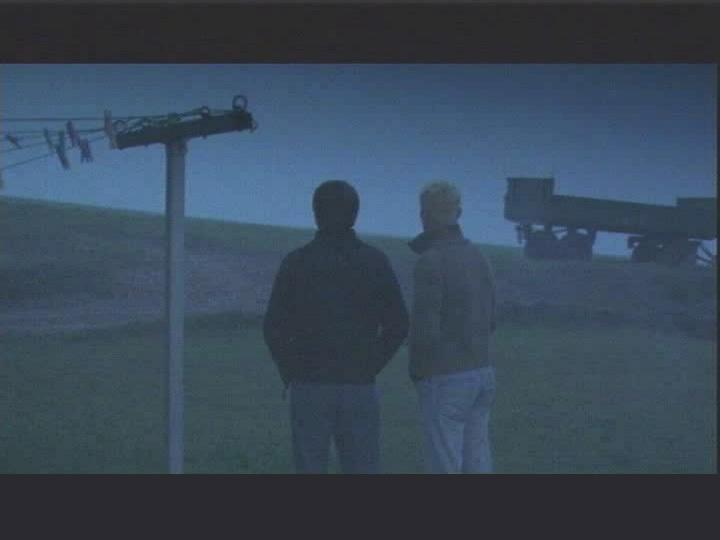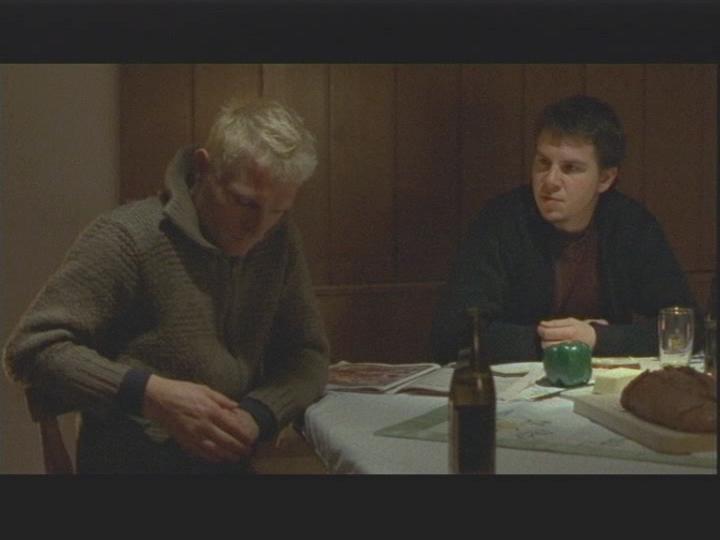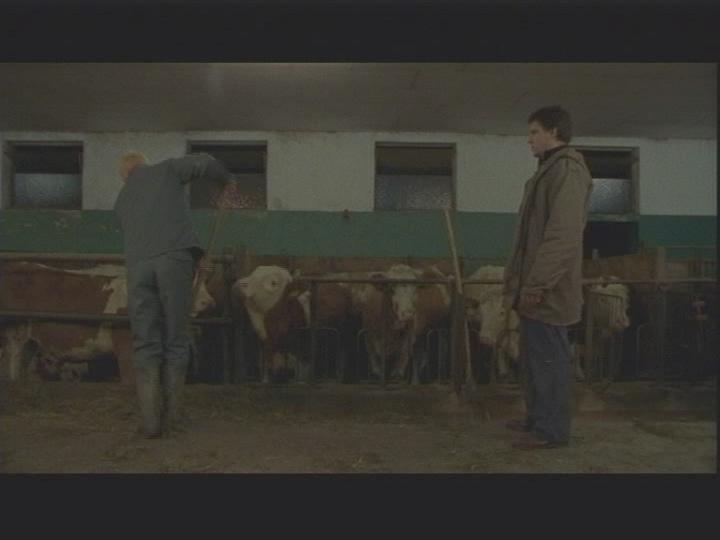firn
firn begins where Austrian TV movies of the 70s and early 80s left off in the depiction of rural life. While these films were made in light of momentous changes such as rural flight and social modernization, and accordingly attempted to go beyond the social setting itself to make general statements, firn focuses on its center: actions and statements which do not go beyond the situation in which they take place without first giving them a particular meaning. A visitor arrives. It is the son who now lives in the city and studies art. After being picked up by his father, he meets his brother in the barn as the latter is feeding the cows. They exchange superficial greetings, the first brothers offer of help is refused. No dialectic tension between proximity and distance is built up, or not only, and what is shown is that a separation has taken effect and been accepted. This separation is painful, but the pain has faded. This is the situation. The subsequent conversation in the living room underlines and expands upon the situation: The empty phrases conceal the antithesis separating the figures, but this antithesis does not represent the conclusion. It applies to the situation only, and does not go beyond it without being itself transgressed by the situation.
The sun warms the air during the day, the temperature drops below freezing at night. If there is snow on the ground, the result is granular snow or "firn", a predecessor of glacial ice.
(Vrääth Öhner)
Translation: Steve Wilder
firn
2003
Austria
12 min



